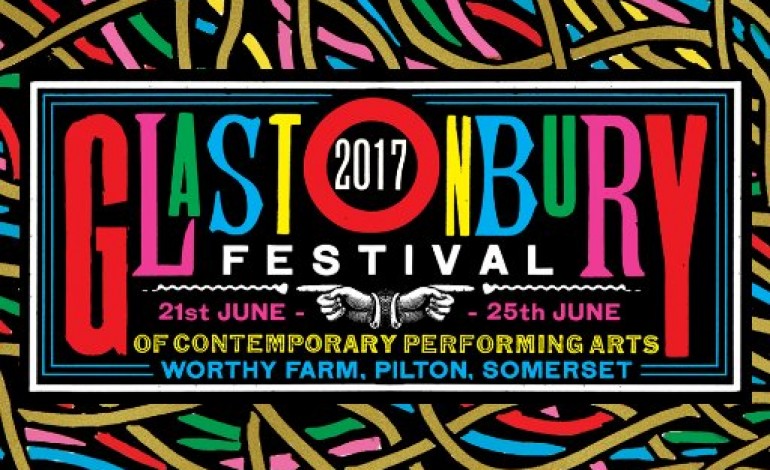
More than 2,700 arts and heritage organisations have been granted a shared £400m fund from the UK Government, helping organisations that are still suffering from the forced closure due to the COVID-19 pandemic. The Culture Secretary Oliver Dowden has announced the details of this second round of funds, taken from the £1.57b budget that was unveiled last summer and was allocated to the cultural organisations to recover and reopen in due time.
The venues included in this programme are, amongst others, Canterbury Cathedral, Serpentine Galleries, Boomtown Fair festival and Glastonbury Festival, which had to be cancelled for two consecutive years, with the event taking place as a live stream this year. ‘We’re extremely grateful to be offered a significant award from the culture recovery fund.’ Glastonbury organisers Michael and Emily Eavis said. ‘After losing millions from the cancellation of our last two festivals, this grant will make a huge difference in helping to secure our future.’
Small grassroots venues have also been included in the equation. Indeed, the Brudenell Social Club in Leeds will get £213,853, and the comedy club Komedia in Brighton – which usually hosts 700 events a year – will receive £123,500. Music Venue Trust, the organisation born post-pandemic to support small venues and clubs, stated: ‘Music Venue Trust has worked hard to support eligible grassroots music venues (GMVs) in their applications to this fund and we are delighted that members of the Music Venues Alliance (MVA) have now been awarded almost £16m in support. This represents an 80% success rate for MVA members, many of whom had never applied for public funding prior to this pandemic. This money is aimed at securing venues until the end of June 2021.
‘We are grateful to Arts Council England who worked so hard to deliver the fund, and to the DCMS for listening to the needs of the GMV sector.’ The MVT statement continued. ‘However, as with all grant funding, this news is hard on those venues who were ineligible due to the structure of their business or which have not been established long enough to provide the accounts required, and on those who applied but were unsuccessful or awarded only a small percentage of the money they need.’
